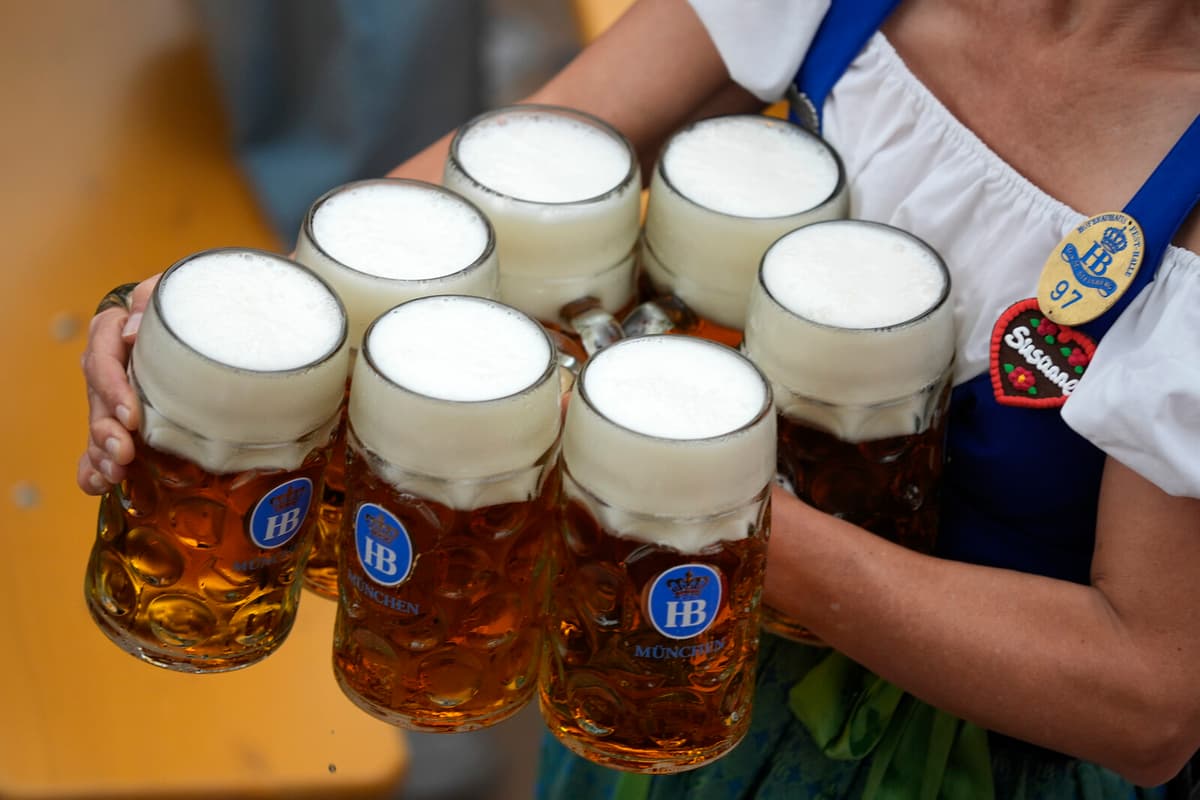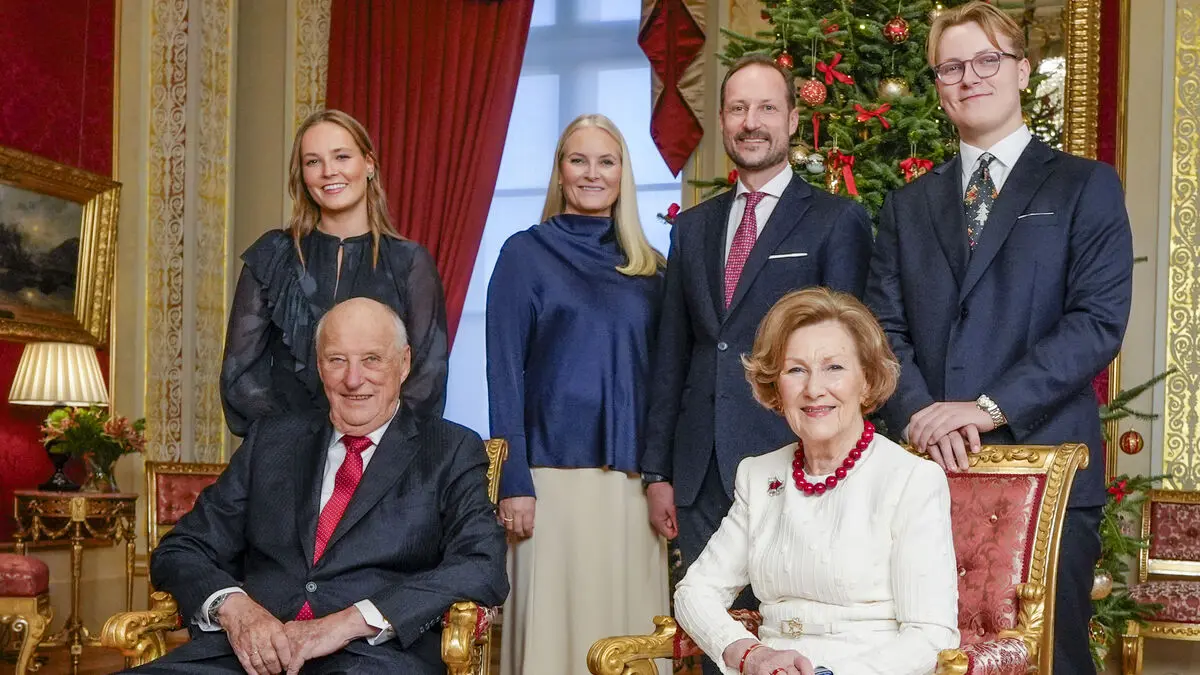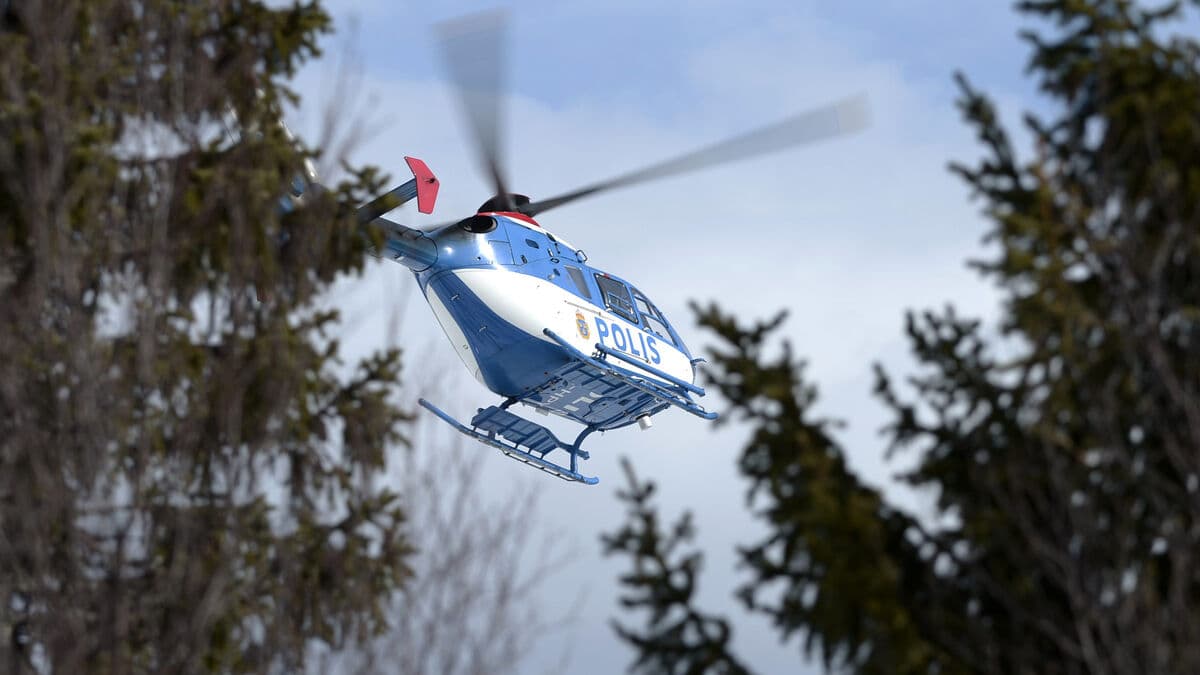On Saturday, the mayor of Munich will proclaim "O'zapft is" – Bavarian for approximately "it's tapped" – and fill a first keg with beer. Then the guests can start drinking.
This year's Oktoberfest is the 190th to be held. One of many traditions over the years, a less celebrated one, is a rising beer price.
At this year's festival, a liter of beer costs between 14.50 and 15.80 euros – equivalent to 159 and 173 Swedish kronor. It is about 3.5 percent more expensive than it was last year. Since Oktoberfest 2004, a large beer has become more than twice as expensive, reports Bayerische Rundfunk.
Points to Las Vegas
Not even we Oktoberfest hosts can resist inflation, says spokesperson Peter Inselkammer to the radio.
Advertisement
The city is in dialogue with the six major Munich breweries that account for the majority of the serving: Augustiner, Hacker-Pschorr, Hofbräu, Löwenbräu, Paulaner, and Spaten. This is set in relation to beer prices in regular restaurants in central Munich.
According to Peter Inselkammer, the pricing is considered carefully. He points out that it has become more expensive to offer food and to hire serving and security staff.
In international comparison, the beer at Oktoberfest is still relatively cheap. In Las Vegas, for example, a large Bavarian restaurant sells a liter of beer for 24 dollars (225 kronor), but the atmosphere is not the same as here, says the spokesperson to the news agency DPA.
On the festival grounds, 38 pavilions have been erected with space for more than 120,000 people. Many tables have been reserved in advance, with priority for locals, and the rest will be a scramble. Six to seven million visitors are expected.
Pressed breweries
Oktoberfest is an exception that confirms the rule when Germans drink less and less beer and breweries face greater challenges. In the first half of 2025, beer consumption in the country decreased sharply, in a way that has not happened in over 30 years.
The industry has warned that many breweries are going bankrupt and that prices need to rise so that it does not become even more.
On the festival grounds in Munich, there will be taps with free drinking water for those who need it. However, ordering a liter bottle to the table will cost almost 11 euros (approximately 120 kronor).
Oktoberfest is a large folk festival held during two autumn weeks every year in Munich, Germany.
There, millions of liters of locally produced beer are sold in large pavilions set up by Munich's largest breweries. The millions of visitors can sit down with beer glasses in long rows of benches, but also watch parades, concerts, and ride carousels.
Part of the tradition is to dress in traditional folk costumes: lederhosen for men and dirndl dresses for women.
The format originated in a festival that King Ludwig I of Bavaria arranged for his wedding in 1810, but the festivities have roots that stretch back to the market life of the Middle Ages.
Oktoberfest is also called that in German, but the locals also call it "Wiesn" for short, after the open square where it is held, Theresienwiese.
Source: Nationalencyklopedin, Bayerische Rundfunk, Encyclopedia Britannica






